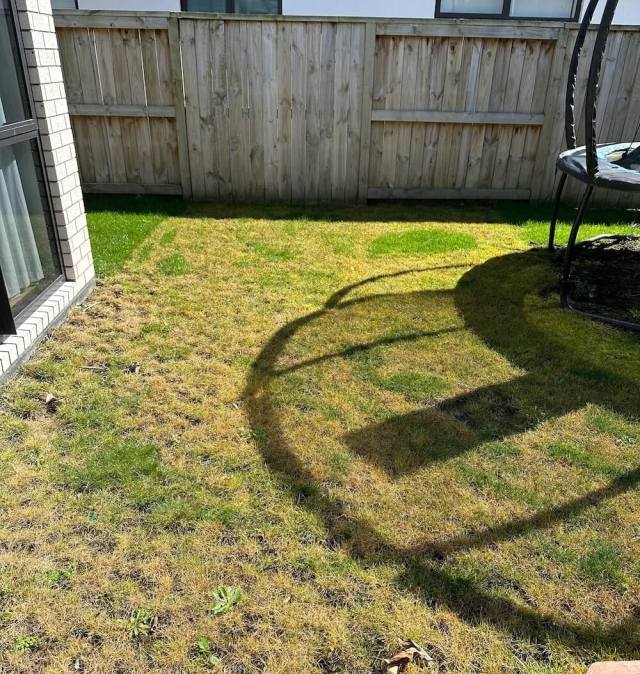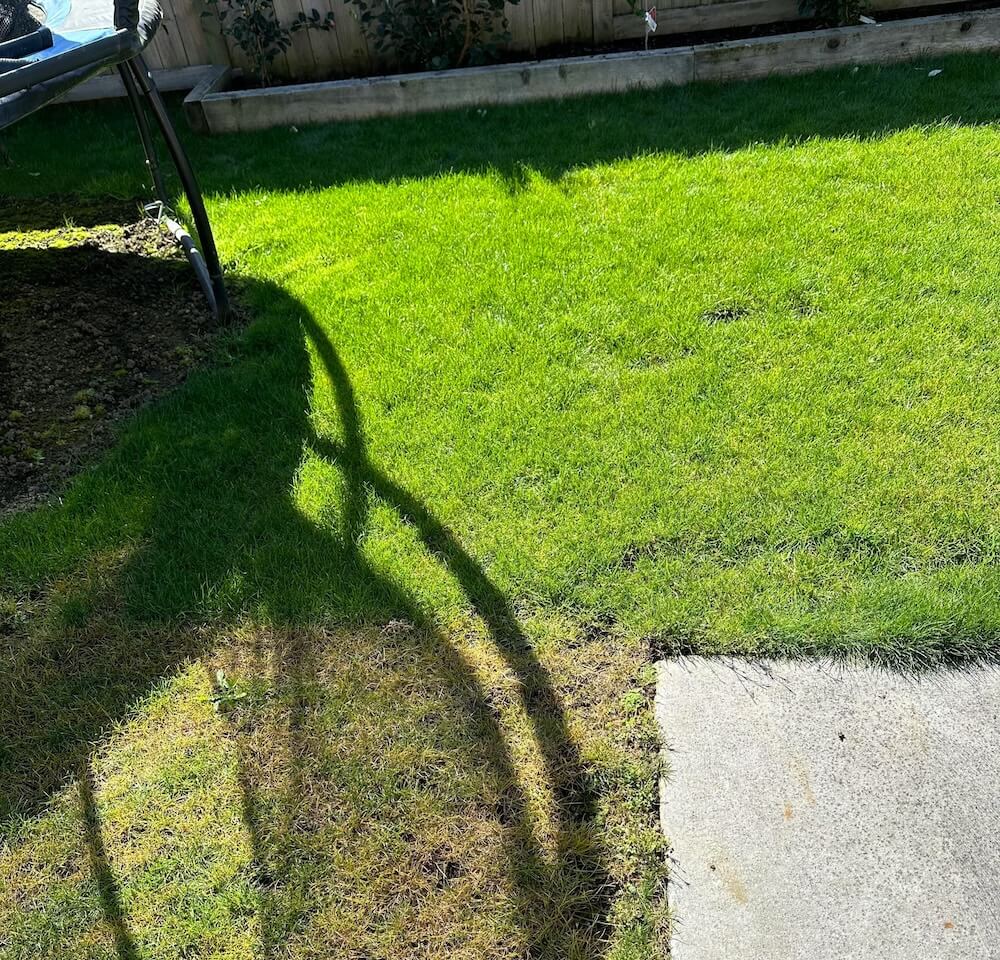New Zealand is said to be one of the most awe-inspiring places in the world, with its luscious green landscapes and unreal views. But the grass is always greener on the other side — or at least appears to be. Many people in the island country grapple with the same lawn care issues as the rest of us.
A homeowner recently explained their struggle with weeds in their yard in a post on the r/nzgardening subreddit. They asked fellow Kiwis for advice on combating the weeds taking over their lawn after their use of a weed killer seemed to only damage the lawn, which is made up of fine fescue and Spartacus rye, with unintended sections of yellowing grass.


One Redditor replied with some helpful but unoptimistic advice: "It's not going to survive summer.. I recommend giving it a scrape/rake.. Then mow and low as you can go.. Re-seed and then pop some lawn soil (couple of bags should do it) on top, pack this down, water and wait. Good time of year to do this.. Hardest part will be getting the kiddos to keep off."
While fine fescue and Spartacus rye are common lawn seeds around the world, neither is native to New Zealand. They're actually native to Europe, per the Oregon State University College of Agricultural Sciences and PGG Wrightson Turf. However, Spartacus rye has grown in prominence in New Zealand, as it fares well against heat and disease.
Global uniformity was the coveted lawn care practice of the past, but homeowners have recently started taking up native lawns and rewilding, as a Cornell study reported by The New York Times noted.
There are many benefits to native lawns and rewilding, ranging from increased biodiversity and pollination to fewer weeds and more reasonable upkeep. Additionally, shifting to a native lawn can store 1 ton of carbon dioxide per acre each year, according to the University of Minnesota. The positives of pivoting to a native lawn or rewilding cannot be overstated, and the most difficult part is making the plan to relandscape.
Nonnative greenery can have consequences on your lawn, as one Redditor pointed out: "Fescue is slow to establish and it looks like the rye has got the jump and is the main variety in your lawn now."
Join our free newsletter for easy tips to save more and waste less, and don't miss this cool list of easy ways to help yourself while helping the planet.









